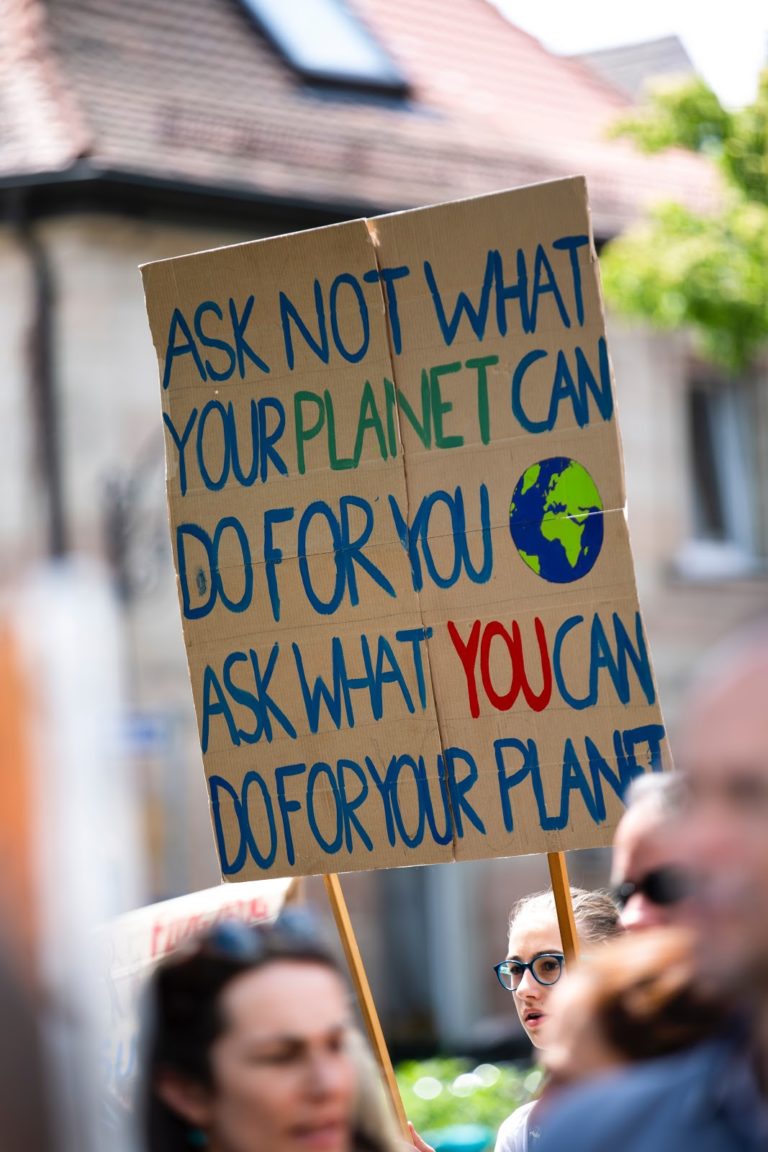
Climate Change is one of the most dangerous existential menaces the world has ever faced. Its repercussions go well beyond global warming – which is one of its consequences – but rather encompass a plethora of dimensions that threaten to revolutionize the way we live.
Indeed, it is not the planet we need to save. Mother Earth will most likely continue to exist even after 2050 or 2100; it is us and our presence on this beautiful globe that we need to safeguard. But people seem not to grasp this.
While we are experiencing one of the warmest summers in world recorded history, the European Council in Brussels has recently failed to agree on a common resolution on a 2050 de-carbonised Europe. Some Eastern capitals (Warsaw, Budapest, Tallinn and Prague) have blocked the neutral carbon target of the entire Continent. Many analysts could argue that it is easier for developed and rich countries to back policies of this sort compared to the difficulty developing countries may have, as their primary objective are short-term financial revenues and GDP growth. Notwithstanding this, the EU has still potential to meet the Paris Agreement as all major Member States (France, Germany, the UK, Spain and Italy) have agreed on reducing CO2 emissions.
Climate change is not merely an ecological problem. The decisions we take today will not only determine whether we will be able to accompany our grand-children to see Venice or not, but will also decide whether we will be able to economically sustain our family over the next few decades.
According to a recently published UN report, if climate change is not seriously dealt with, we may be living in an environment of ‘climate apartheid’ by 2030. 120 million more people will be forced into poverty. To have a clear picture in mind, 120 million people are the approximate equivalent of the combined populations of Poland, Czech Republic, Estonia, Lithuania, Latvia, Hungary, Romania, Bulgaria, Croatia, Slovenia and Serbia.
In less than 20 years, unprecedented numbers on the other side of the collapsed Iron Curtain would find itself jobless. This phenomenon would not have repercussions on the Eastern side of Europe. We are likely to see new waves of migration around the world, with people looking for better economic prospects in countries less affected by such a crisis. These waves would further exacerbate the present social divisions among populations, widening the gap between rich and poor. On top of this issue, climate migrants would become a reality, moved in their case to seek better temperatures and living conditions and adding to the already monumental figures of world migrants.
It might be too soon to theorise on the repercussions such a scenario would have on the world we are currently living in. Would eurosceptics still have only less than 100 seats in the EU Parliament? Would the church – and ultimately God – continue to be perceived as reliable figures in a world featured by skyrocketing unemployment, lack of drinkable water and massive desertification, or would the individual turn to atheism to answer the practical problems of their lives?
One thing is clear. Climate change is bound to alter not merely our ecosystems but, with them, our societies. In these circumstances, Laudato Sì (the Encyclical letter of Pope Francis) appears as a beacon in the political and theological confusion of current times. While people may be willing to modify their habits to preserve the future of their children, role models are needed fast to trigger a drastic change. A U-turn in our way of dealing with the climate, animals, and food is not merely a necessity. It is the only way to save humanity. We are still far from reaching the objectives being set. But can we really expect to do it if we do not even understand the problem fully?
Francesco Pisanò
ELP Fellow First Cohort

